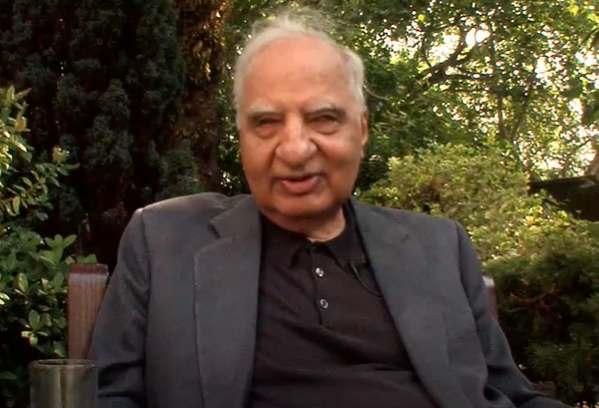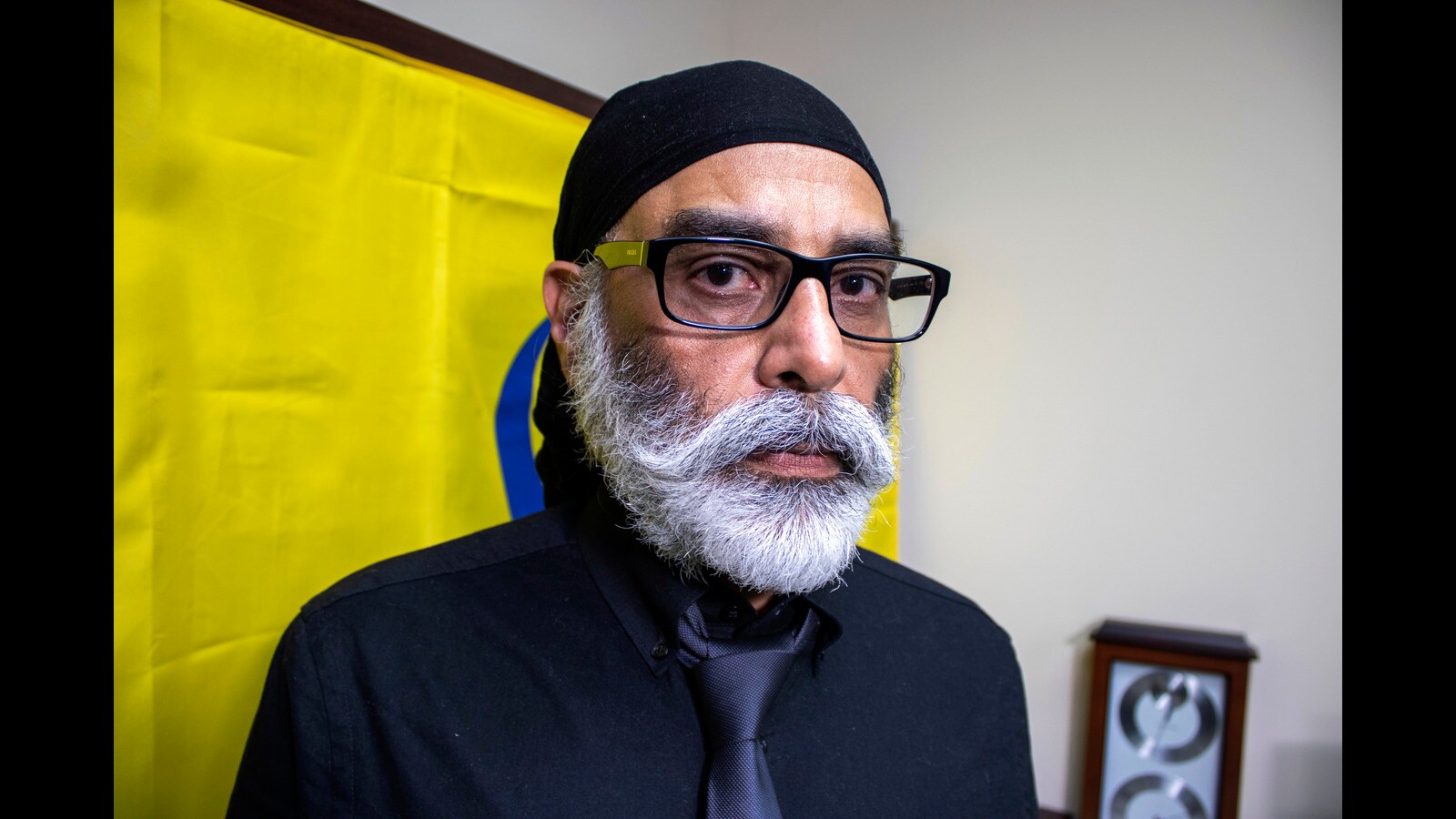Ahuja leaves a lasting legacy of rebuilding the OPM workforce, championing Federal workers, and supporting Federal Agencies
Our Bureau
Washington, DC
The U.S. Office of Personnel Management (OPM) recently announced that Director Kiran Ahuja will depart from her role in the next several weeks. Ahuja, the longest serving director in more than ten years, leaves a lasting legacy of rebuilding the OPM workforce, championing federal workers, and supporting federal agencies. Ahuja was confirmed as the first South Asian and first Asian American woman to lead the agency.
“Serving in the Biden-Harris Administration, and in support of the 2.2 million federal workers who dedicate themselves to the American people, has been the honor of my life,” said OPM Director Kiran Ahuja. “From my time as a civil rights lawyer in the Department of Justice to my years as OPM’s Chief of Staff, I’ve seen the power that public service has to change lives, rebuild communities, and make our nation stronger. We have accomplished so much these last three years at OPM, but I am most proud of the friendships and bonds we built together in public service. Thank you most to the OPM workforce for your service and dedication. We serve the people who serve the nation – and without you, our country could not move forward. Thank you.”
As the lead human resource official in the Biden-Harris Administration, Ahuja led efforts for nearly three years to recruit, retain, and honor more than 2.2 million federal employees. Under her leadership, OPM positioned the federal government as a model employer, helped thousands of talented individuals join government service, and reinforced the agency’s role as a strategic partner for federal agencies, as per the release.
Confirmed by the Senate in June 2021, Ahuja led efforts to empower federal agencies to bring the best and brightest talent into government; ensure every federal job is a good job; reset relationships with national union partners; uphold and protect the country’s 140-year history of a nonpartisan, merit-based civil service; and renew the government’s commitment to diversity, equity, inclusion, and accessibility.


























